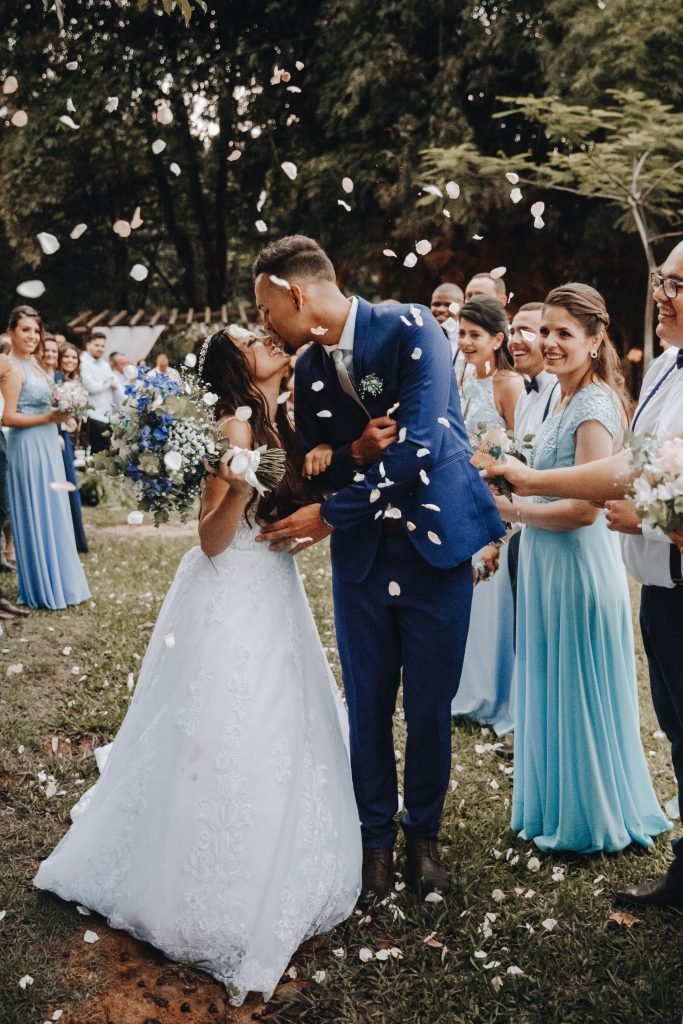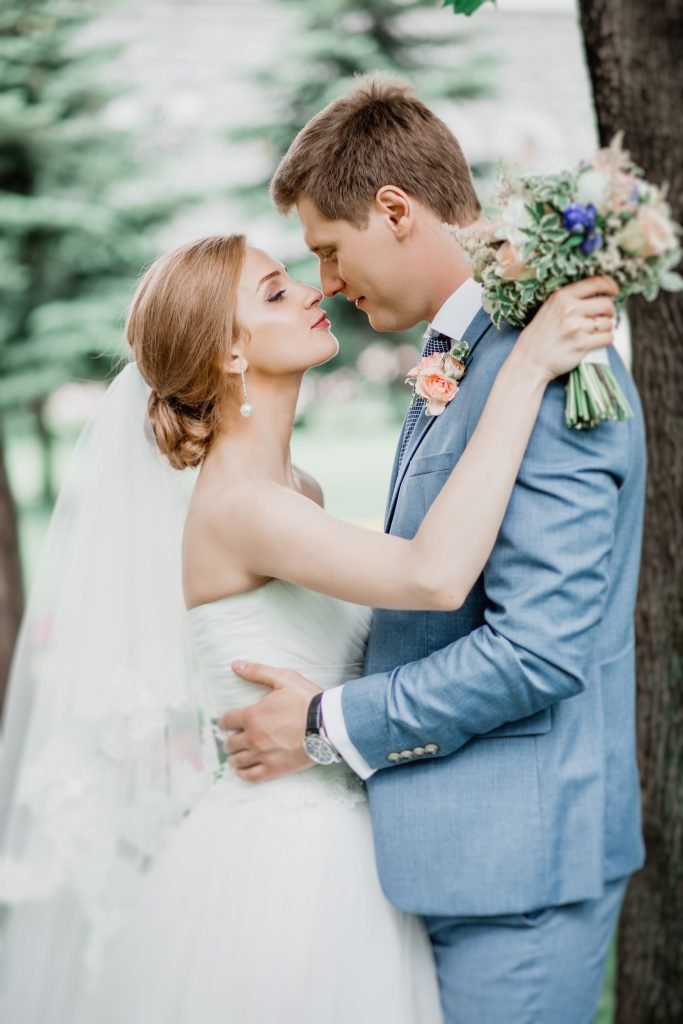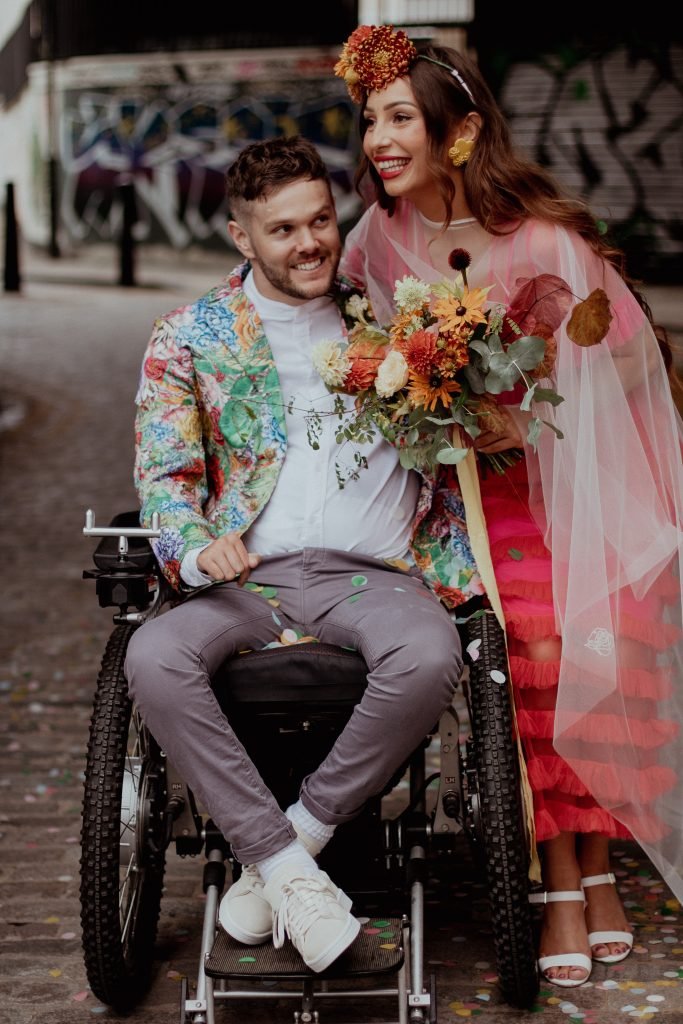Marriage, often referred to as the “happily ever after,” is a significant life milestone that prompts the age-old question: What is the best age to get married? This question has puzzled individuals for generations, and the answer is far from being one-size-fits-all. The decision to tie the knot is deeply personal and varies for each individual. In this article, we’ll delve deeper into the factors that can influence the optimal age for marriage, providing valuable insights to help you make the right choice for yourself.

1. Emotional Maturity
Emotional maturity is an essential factor to consider when contemplating marriage. It’s vital to be self-aware and have a good understanding of your own needs, desires, and communication skills before committing to a lifelong partnership. Experts often suggest that waiting until your mid to late twenties or even into your thirties can provide time to develop emotional maturity, which can lead to healthier and more successful marriages. This period allows individuals to grow and evolve, fostering the emotional intelligence required for a lasting commitment.
2. Financial Stability
Financial stability is another crucial element in the marriage equation. Couples often face financial challenges, and it can be advantageous to establish a stable financial foundation before getting married. This typically means having a steady income, manageable debt, and a financial plan in place. Sound financial footing can reduce the stress that financial troubles can impose on a relationship and provide a solid platform for building a shared future.

3. Career and Personal Goals
Consider your career and personal goals when deciding on the best age to marry. Some individuals prioritize career advancement, personal growth, or travel experiences before committing to marriage. The best age to get married should align with your own life goals and those of your partner. If you and your significant other share the same visions for the future, it can make the decision to marry more straightforward. However, if your aspirations differ, it’s vital to have open and honest discussions about how those aspirations can be reconciled within the context of marriage.
4. Relationship Duration
The length of time you’ve been in a relationship with your partner can significantly influence the timing of marriage. Some people choose to marry early in a relationship, while others prefer to wait until they’ve spent several years together. The key is to ensure you’ve had enough time to truly get to know each other. Longer relationships often provide a better understanding of your partner’s values, habits, and how they handle various life situations. This deeper knowledge can contribute to a more harmonious and successful marriage.

5. Family and Social Pressure
Family and societal expectations can exert considerable pressure on the decision to marry. Cultural norms, family traditions, and the desire to have children can create a sense of urgency. While it’s essential to consider your family’s input, remember that the final choice is yours. The best age to get married should align with your own timeline, not someone else’s. It’s crucial to strike a balance between honoring cultural traditions and ensuring that you are making this decision for the right reasons, and not merely to meet external expectations.
6. Personal Readiness
Ultimately, the best age to get married is when you feel personally ready to make the commitment. It’s crucial to be sure that you want to spend your life with your chosen partner and are prepared for the responsibilities and challenges that come with marriage. Personal readiness includes being emotionally and mentally prepared to handle the ups and downs that every marriage will inevitably face.

In conclusion, there is no universal answer to the question of the best age to get married. The decision should be based on your unique circumstances, personal readiness, and individual goals. It’s essential to communicate openly with your partner, consider the factors mentioned here, and remember that there is no rush—marriage is a lifelong journey, and the timing should be right for you.
So, whether you decide to say “I do” in your twenties, thirties, or beyond, what matters most is that your decision aligns with your heart and mind, setting the stage for a loving and fulfilling partnership. In the end, what truly matters is the quality of the connection you share with your partner and your shared commitment to building a life together, regardless of your age when you decide to embark on this beautiful journey.

